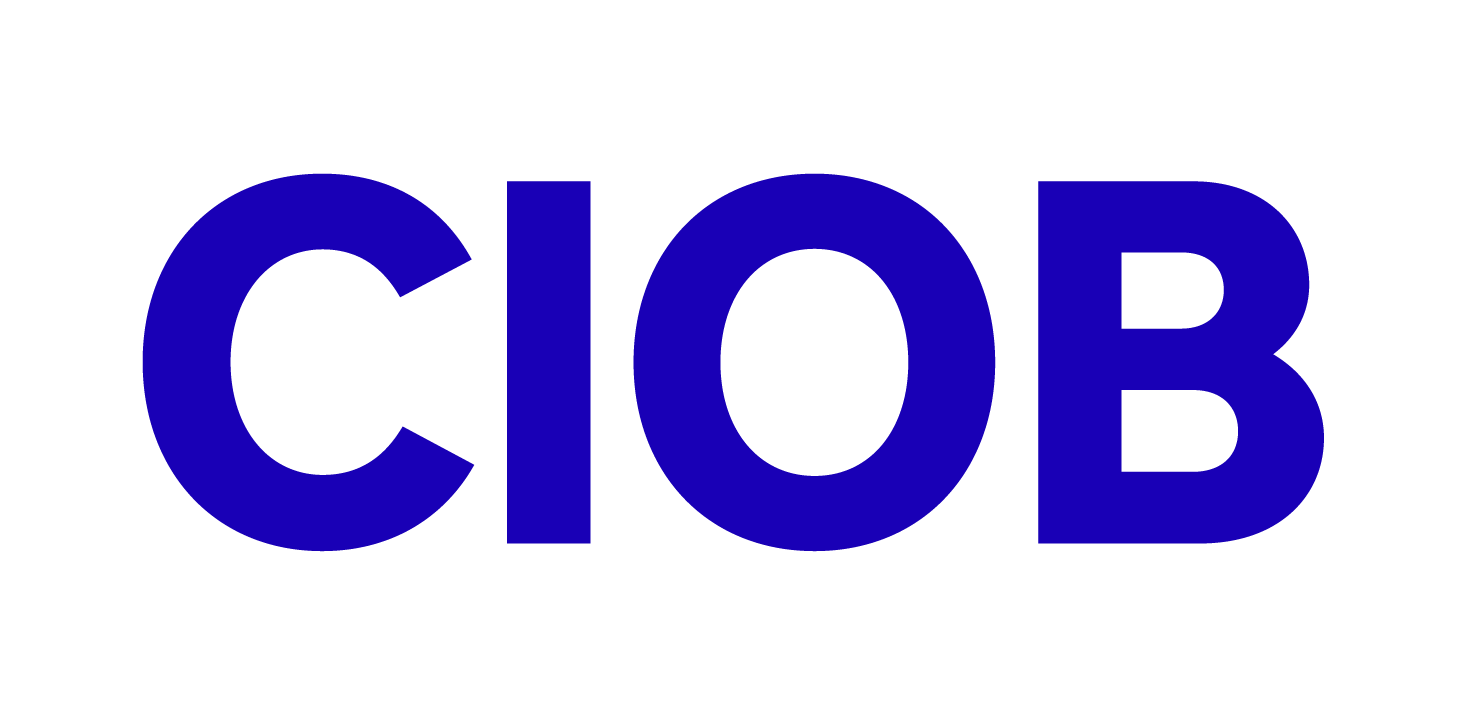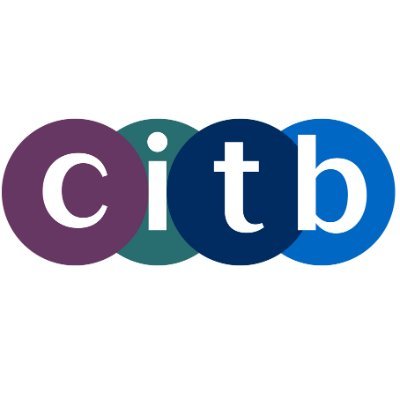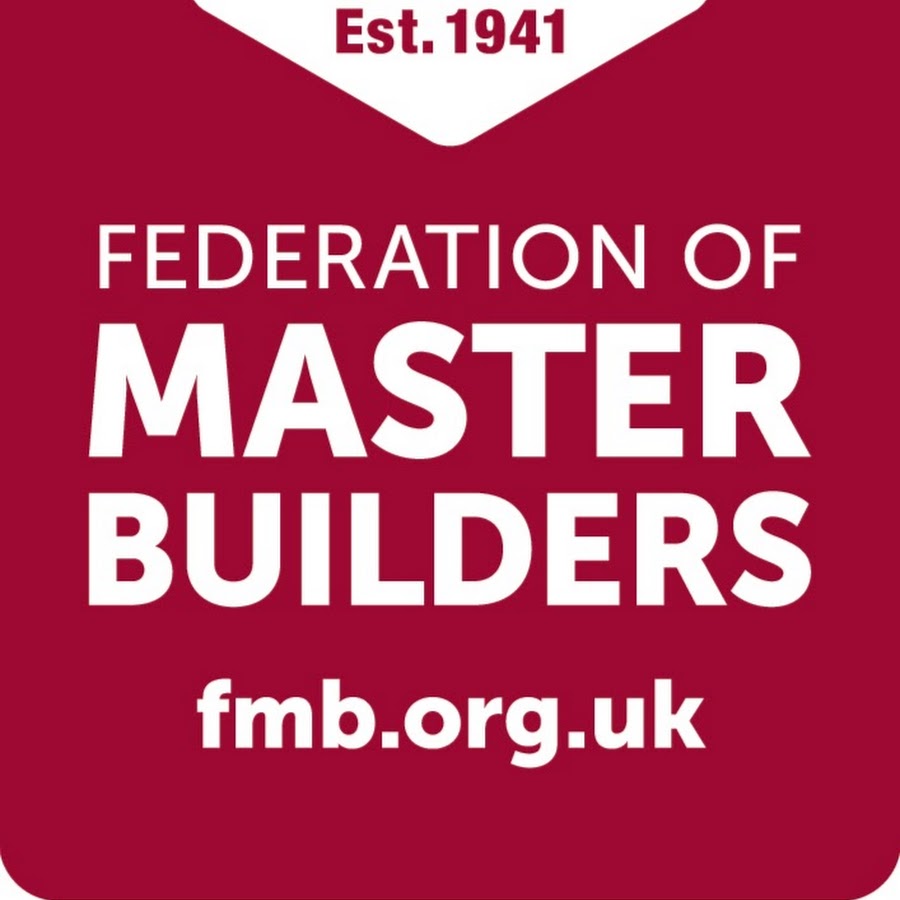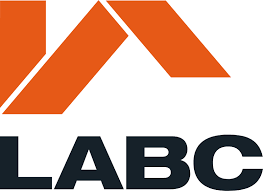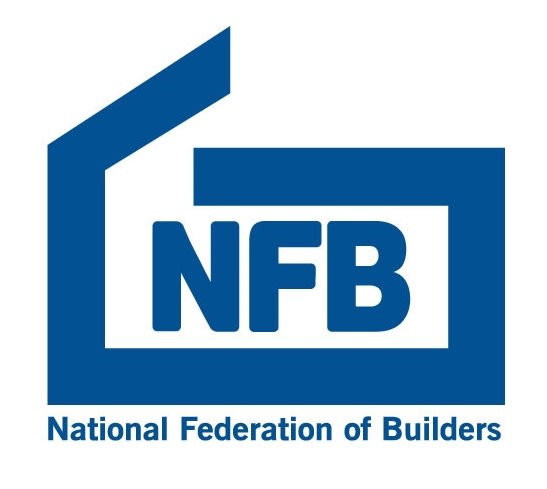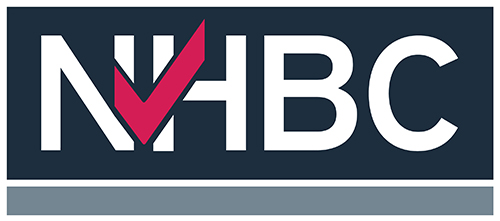The role of trust in innovativeness
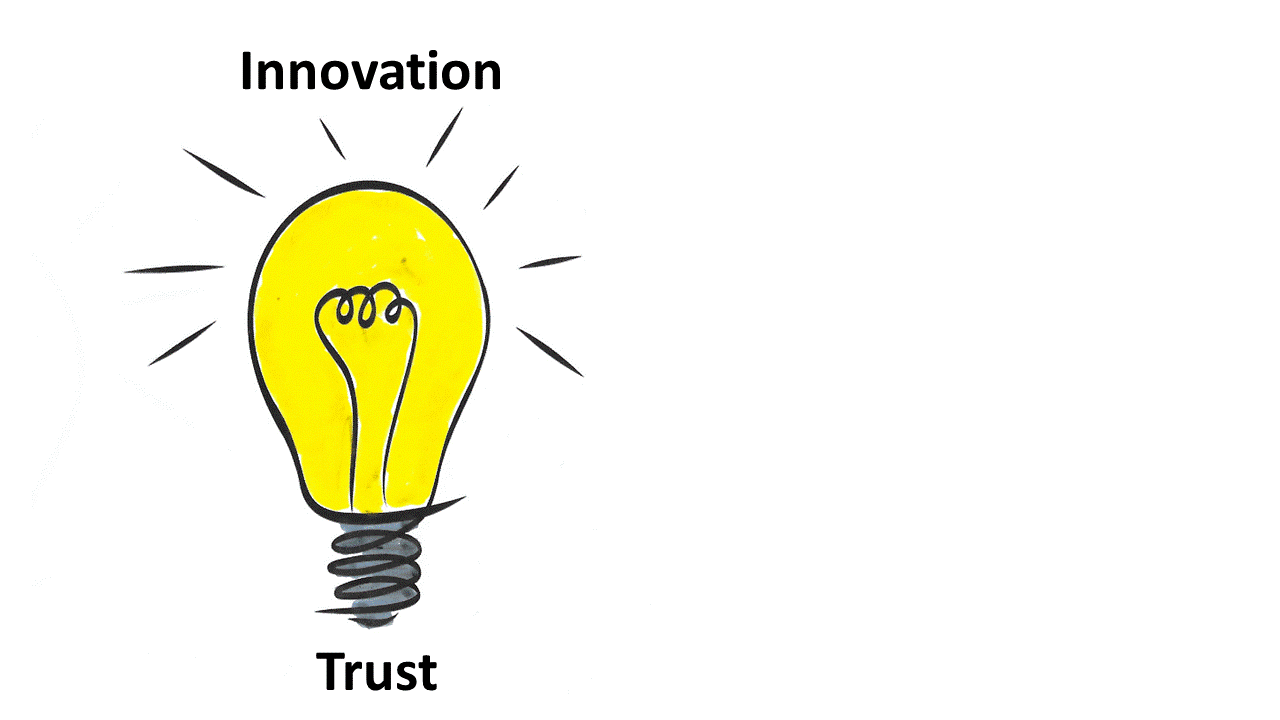
COP26 reaffirmed the need to combat climate change and our CEO neatly encapsulated the challenge we in the built environment face: “[We] are responsible for a shocking 40% of global carbon emissions – and that means when it comes to achieving a net zero future, building matters. The sector has an urgent responsibility to reduce its carbon footprint.”
This will require innovation at scale and pace. This month Martyn Jones explores the role of trust in crafting the innovativeness that is needed to play out part in achieving net-zero.
By definition, innovation is about doing something new and different. It involves exploring unknown territory. On beginning the journey, we are not entirely sure of the final destination. There is no certainty, little transparency and therefore considerable risk.
Trust is needed if people are to work together, take risks and be comfortable with not knowing the exact outcome. And the more radical the innovation the greater the possible reward, but also the greater the risk. Innovation at scale requires a high tolerance of uncertainty and potential loss, and it is trust that carries people through.
But trust is very complex, not clearly defined and interpreted differently by the literature. It is commonly associated with the confidence that a partner will deliver the required mutually beneficial behaviour and desired outcomes.
Our experience of adopting Supply Chain Management in construction over the past 20 years or so has demonstrated that trust needs to be painstakingly developed beyond the basic ‘contractual trust’ and developing into ‘competence trust’, as partners demonstrate their accomplishments over time. ‘Goodwill trust’ emerges where partners driven by mutual benefits do more than expected, going beyond predictability and reliability and surpassing past achievements.
What distinguishes ‘goodwill trust’ from ‘contractual trust’ is the expectation in the former that the partners commit to taking initiatives to exploit new opportunities over and above what was explicitly promised. The key difference here is that a partner is not only looking after their own interests but is also seeking to offer their partner a competitive advantage too. If both partners do the same then the combined efforts of both will lead to better outcomes and build mutual competitive advantage.
When asking people, as we are now, to go through a major transformation, trust is vital. Given the current imperatives to combat climate change we need to go beyond ‘goodwill trust’ to ‘goodwill trust +’, or ‘co-creation trust’, to unleash the radical innovation that is now needed. As we did back in the 1990s, when clients and suppliers took a leap in trust to adopt the new technologies and ways of working associated with the ICT revolution, we need to take that leap now. But alongside that we also learnt how difficult it is to change and to place faith in each other.
So how do we get people and organisations to take the leap of faith that is needed to repair the planet? Leaders entering a joint innovation partnership with existing long-term partners may well already have the required levels of ‘goodwill trust’ in place to support the co-creativity and innovation that is needed.
But, the current nature and scale of the changes we face means that we will need to forge relationships with new partners, and quite possibly with those who are currently to be found outside construction. This means we may need to remind ourselves of the keys to building creative partnerships:
- Patience: Despite the current imperative for fast and radical change, we need to be patient. We know now not to expect too much too soon from new partners, new relationships and new teams. It takes time for trust and the consequent openness and collaborative behaviour that generates new ideas and mutual benefit to develop.
- Support: Newly formed teams involved in a joint innovation project will need help to build trust early in the process. This may involve revisiting trust-building activities that have proved effective in the past.
- Nurturing and monitoring: The level of mutual trust during innovation projects needs to be nurtured and monitored. Too often, leaders pay insufficient attention to trust with it being left to develop, or degrade, haphazardly. Proper monitoring should include a clear warning system of lapses in relationships and trust.
- Constructive criticism: Ensure that there is an appropriate level of healthy criticism within the team. If too much trust develops, it might be necessary to remind the team of its objectives and priorities. Here again, careful monitoring can alert leaders to an excessive build-up of cosy relationships and groupthink.
We must not forget that change is not just about technology. We are dealing with an innately human process and there are some key human traits that we need to be aware of when it comes to building trust, especially on this scale.
Of course, there must be technical competence, experience, perceptiveness, and judgement in the partnership but beyond those we also need benevolence: How much partners care. And, empathy: How much understanding they have for each other’s needs and the situation? And then there’s integrity: Whether the partners’ intentions are aligned.




